A hot but very successful day for our show and open allotment.
See pictures and a full report from Carol Martinez, our Show chair here
Open Day on Site 2



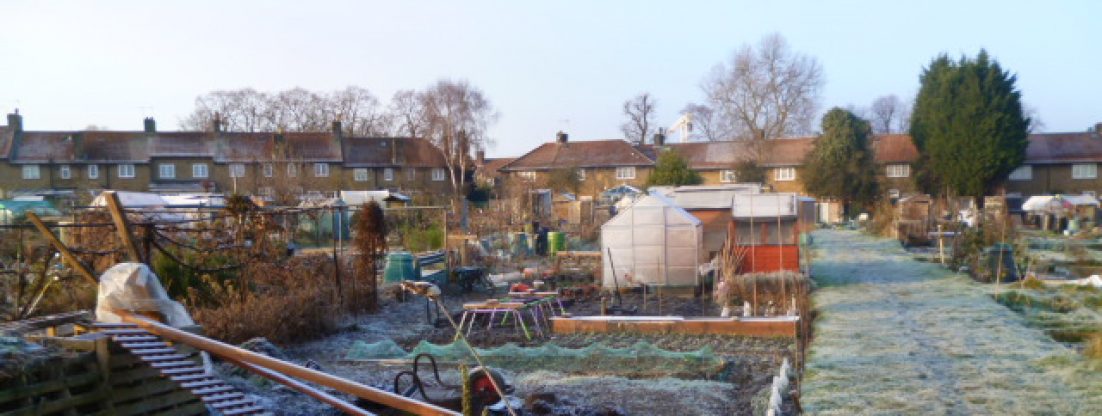
by RXY
A hot but very successful day for our show and open allotment.
See pictures and a full report from Carol Martinez, our Show chair here
Open Day on Site 2



by RXY
Our Summer Show will be held on Site 2, on Saturday 21st June.
Please have a look at the schedule and see if you can enter the show. Everyone will have something to enter: flowers, fruits, vegetables or cakes!
DONATIONS OF PLANTS OR PRODUCE FOR OUR POPULAR STALL WOULD BE VERY WELCOME.
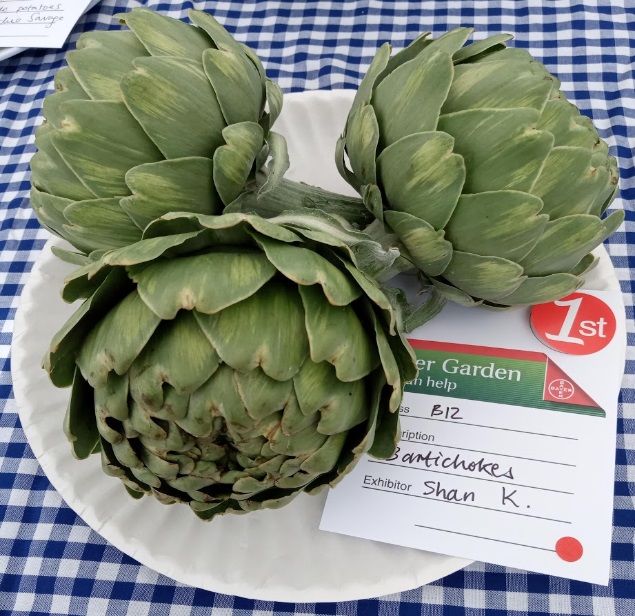
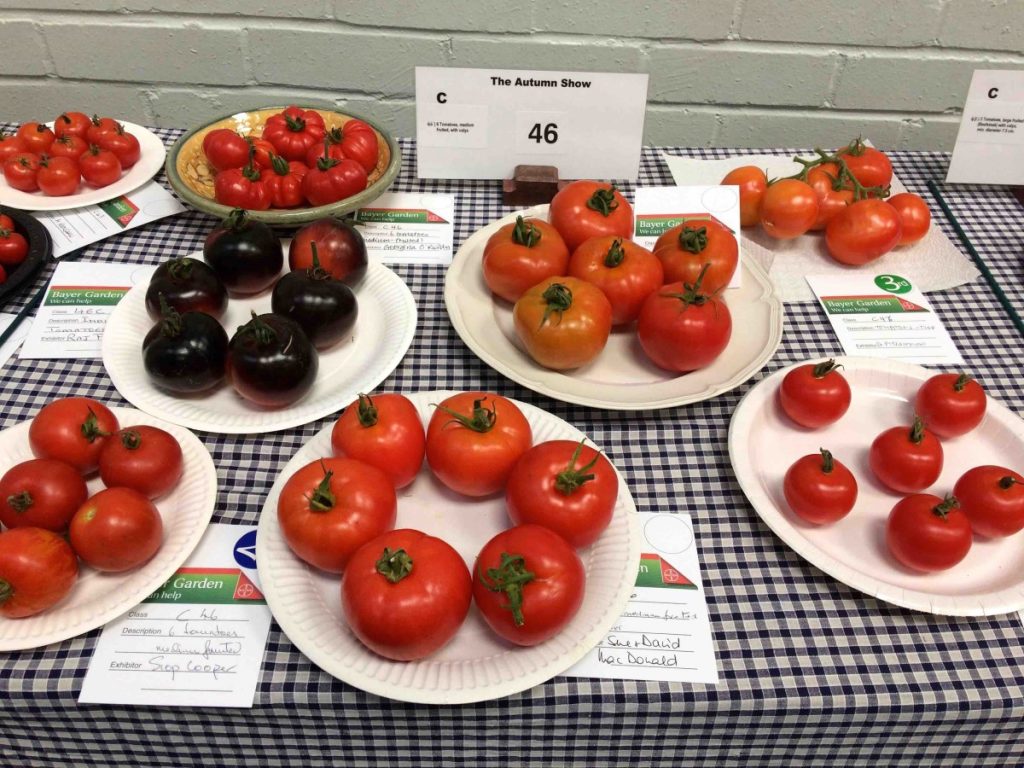
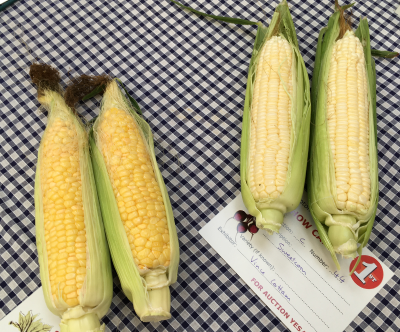
by RXY
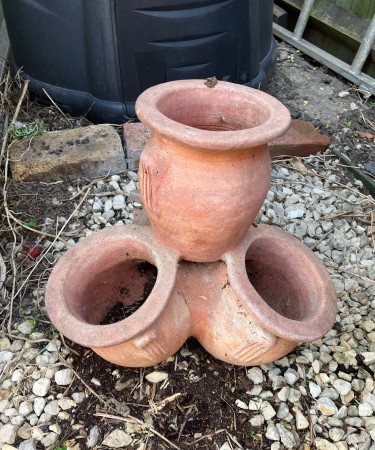
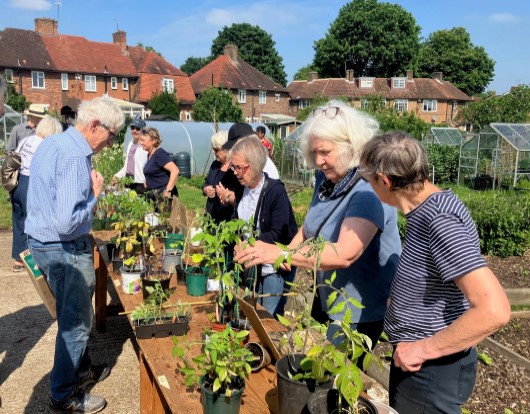
A Plant and One Off Garden Bric-a-Brac Sale is being held 10am – 12 noon, Sunday 18 May 2025 on Site 2, (The Pleasance SW15 5HF).
Find new plants and other interesting items for your plot or garden.
Donated plants: very welcome from 9.30 on the day.
Garden Bric-a-Brac – pre-loved garden items: Please bring to Site 2 at 9.30 on day of Sale. Please put your name on the bottom of the item (so we can return if unsold) and give us an idea of what you think the value might be.
Interesting pots, old tools, useful horticultural items…
No unloved or household items please.
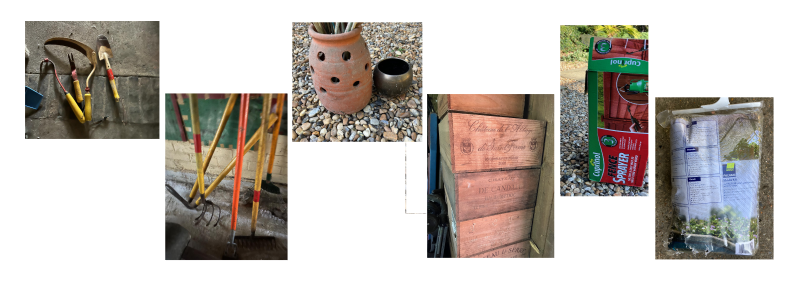
by RXY
Adam, the Sharpening Man, will be tool-sharpening next to The Store on Site 2 on Sunday May 11th. This is how it will work…
Please bring gardening or kitchen tools to be sharpened from 9am.
A Site 2 allotment member will be on hand to receive your tools, label them with your name and put them in the queue to be sharpened in order of arrival.
All customers need to pay Adam, CASH ONLY, on leaving their tools. Adam will give an approximate collection time for later that day depending on the queue.
A designated allotment member will be on hand all day to manage tool pick-ups and any queries. Any tools not collected by approximately 5pm will be taken into The Store for collection the following Sunday.
Click on the price list to view full size
by RXY
Spring is here – we all love to notice signs of renewal of the season – but when exactly is the start of Spring?
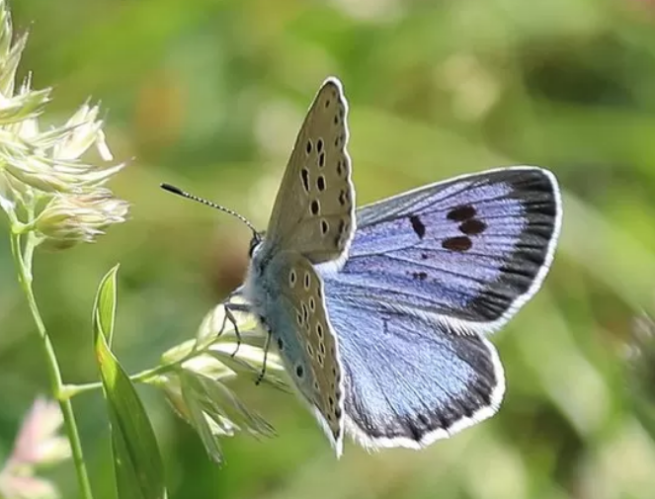
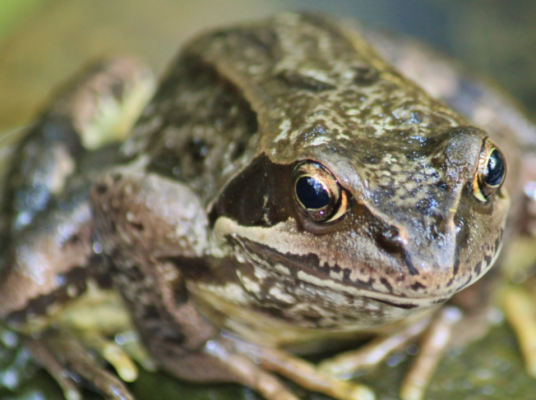
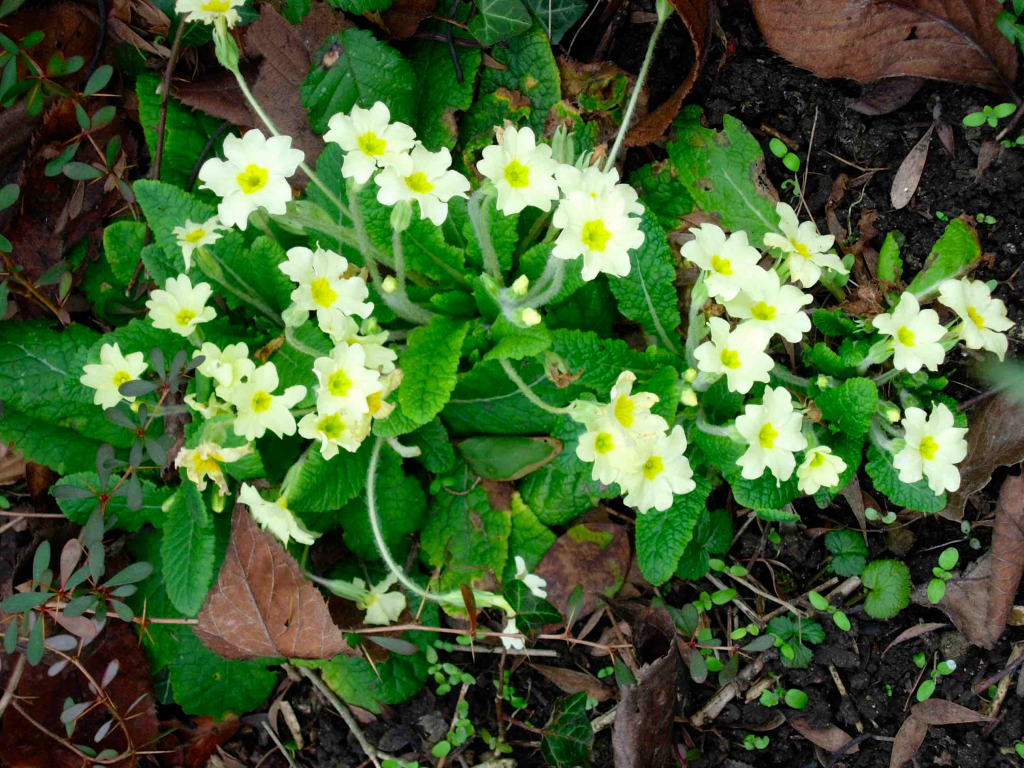
There are three different measures we can use:
Meteorological – fixed every year to ensure statistics are consistent throughout time. Spring in the northern hemisphere starts on 1 March and autumn on 1 September. Dates have been decided using temperature data.
Astronomical – follows the equinox and can vary slightly each year. Spring falls between 19-23 March and autumn 22-24 September. In 2025 astronomical Spring begins on the 20th March
Phenological – follows biological events and their response to weather and climate. This is a fascinating study which shows how nature reacts to changes in climate. Nature’s Calendar uses public sightings of plants, animals and fungi to track the effects of weather and climate on nature. This is a Citizen Science project from the Woodland Trust.
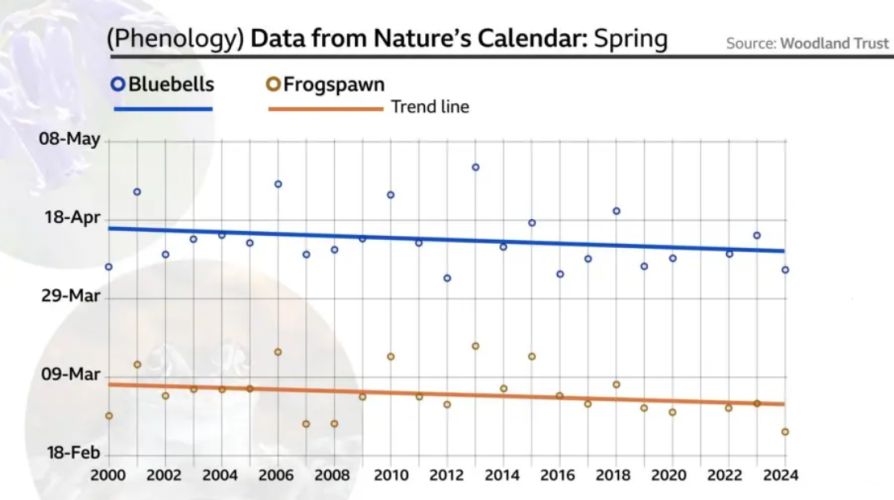
To see how this works see the BBC article here . Find out more about the Nature’s Calendar project here
by RXY
Peat Free compost is here and ever improving – but it’s a challenge to get to grips with the changes in growing. To help, the RHS has started a ‘Peat Free’ advice service and it’s open to all, not just members. To ask your question, just send an email to Nikki Barker at peatfree@rhs.org.uk
It seems that we need to be more careful with watering – it’s not true that it doesn’t hold water well – but the top dries quickly and gives the impression of dryness. If we then water without checking further down, the waterlogged plant may die.
We all need to know more here. The RHS itself will be completely peat free by the end of this year.
Here’s more Peat Free advice for Gardeners – including helping out with your own compost….

by RXY
Ecolocal run a wonderful range of courses on just the things horticultural that you might want to know or get better at. Based at ‘The Lodge’, a Victorian walled garden in Carshalton, their courses are led by their RHS accredited tutor and help raise funds for community gardening projects benefiting people with learning difficulties and mental health problems.
You may not be aware that they are also restoring the old walled garden, and have volunteering days where you could help. Find out more here
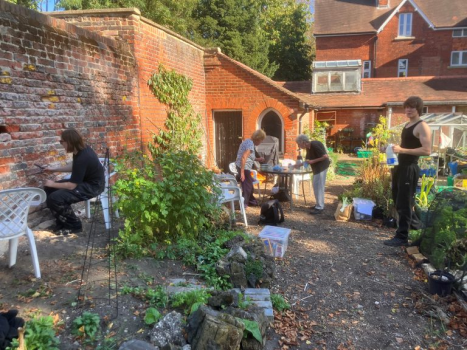
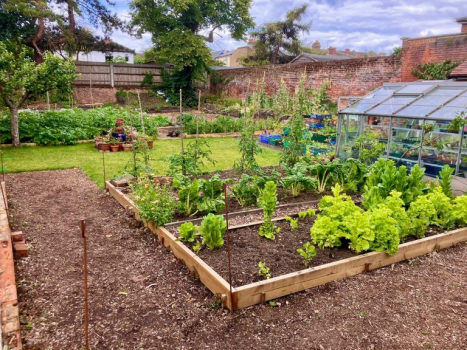
Find out about all their courses here
Accessible by train, bus or car, EcoLocal is at:
The Lodge
Honeywood Walk
Carshalton
Surrey SM5 3NX
Tel: 020 8404 1522
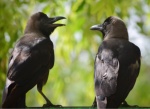
by RXY
This briefing appeared in the New York Times:
Crows are ferociously intelligent. They can mimic human speech, use tools and gather for what seem to be funeral rites when another crow dies or is killed. They can identify and remember faces, even among large crowds.
And crows can also harbor resentment for longer than you might expect. When a murder (or group) of crows singles out a person as dangerous, its wrath can be passed along well beyond an individual crow’s life span — creating, in short, multigenerational grudges.
Gene Carter, a computer specialist in Seattle, saw crows encroaching on a robin’s nest in his backyard and launched a rake into the air. For the better part of a year, he said, the crows would scream at him or divebomb him. Eventually, they even learned to identify his bus — and to wait for him at the bus stop. (The harassment stopped only when he moved.)
with thanks to Helen Finch
by RXY

In Michael’s interesting and lively talk he first spoke about the beginnings of the RGS, in particular how Richard Sudell, the forgotten man of garden history, led the new cottage estate of Roehampton (now known as the Dover House Estate) on its garden journey in the interwar years of the last century. He explained how Roehampton became one of the leading garden estates in Britain as our country became the ‘nation of gardeners’ it is known as today.



Michael’s new book Behind the Privet Hedge: Richard Sudell, the Suburban Garden the Beautification of Britain has been highly praised by reviewers and he signed copies for members. We were delighted to welcome him to our AGM.


Photographs by Jackie Savage

by RXY
At our AGM in November, author Michael Gilson, spoke about the early days of the Dover House Estate, created on ‘Garden City’ principles as part of the house building initiative after the first world war. ‘Homes for Heroes’ were declared by prime minister Lloyd-George – which would include the right to green space to grow food. Each house would have it’s own green space and allotment plots would be part of the design.
Of course, many who rented the houses were not naturally green fingered, and had never owned a garden before, so Richard Sudell, a Quaker and political firebrand as well as a well known plantsman and garden writer took on the challenge of helping. He set up training allotments and gave lessons, forming the Roehampton Estate Garden Society. It seems that meetings of the committee took place in the basement at St. Margaret’s church, just below where we have our AGM. Roehampton became one of the leading garden estates in Britain as the country became the ‘nation of gardeners’./
Our centenary exhibition featured boards about this history – which are now in PDF form. We hope you will read and enjoy them.

READ about the building of the Dover House Estate
READ here about Richard Sudell and the founding of the RGS
READ about Living on the Dover House Estate
In 1955 the two Roehampton horticultural societies merged together to become Roehampton Garden Society.
Michael Gilson’s fascinating book, Behind the Privet Hedge, is now available from booksellers.
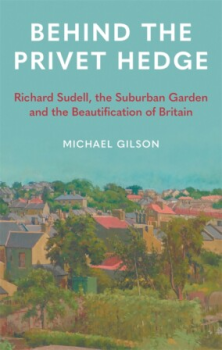

by RXY
Agriculture and food growing is a huge growth area for robotics. With current difficulties in finding a skilled workforce to plant and pick, this may be the future.
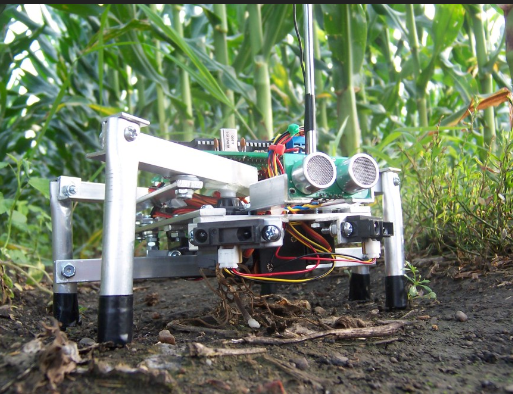
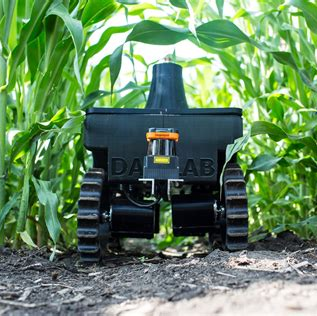
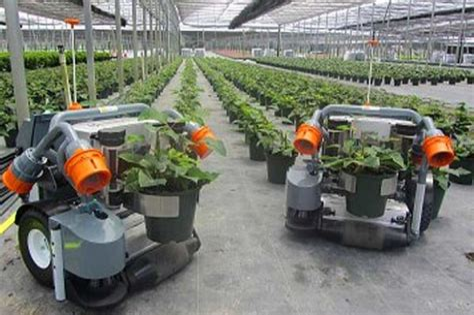
M&S have just announced successful automated growing of parsnips – an industry first. The technology, includes two robots for bed forming, planting and weeding, two different types of drone to monitor and maintain crop health, and scientific testing on soil health and carbon impact. Green fertiliser, less diesel, less ploughing all combine to reduce the carbon emissions by an amazing 46 per cent. See more here
In another research project Cambridge university has trained a robot to pick iceberg lettuce – one of the most difficult crops to harvest! See more here
It’s still a challenge to train a robot to judge a ripe fruit or notice disease or damage as well as a human can, but the advances are fascinating. Take a look at the latest types of intelligent agricultural machinery.
13 types (!) of automated farm machinery working now
For anyone interested in a deep dive into how horticulture uses robots, this article from ‘Grower Experts’ explains how automation is used. Link here
with thanks to Helen Finch

by RXY
There’s been a debate going on about growing garlic. Should you buy seed garlic – or can you use a supermarket bulb? Is it best to plant now (even September I have seen mentioned) or wait until early next year. How much water should you use – that balance between tiny bulbs and rotting stems.
Monty Don certainly caused controversy by planting a supermarket variety – some swear they grow well – but it will be next spring before the results of the Gardener’s World experiments are known. The latest information suggests that for good results you need garlic that grows in a cold climate – not that imported from sunnier climes. Also concerns have been raised about possible viruses on supermarket bulbs. Both of these concerns are valid.
The store has recommended varieties.
Here’s a great ‘No Dig’ video full of garlic information from Charles Dowding
Here’s a comprehensive growing guide from Gardener’s World… Gardener’s World Guide